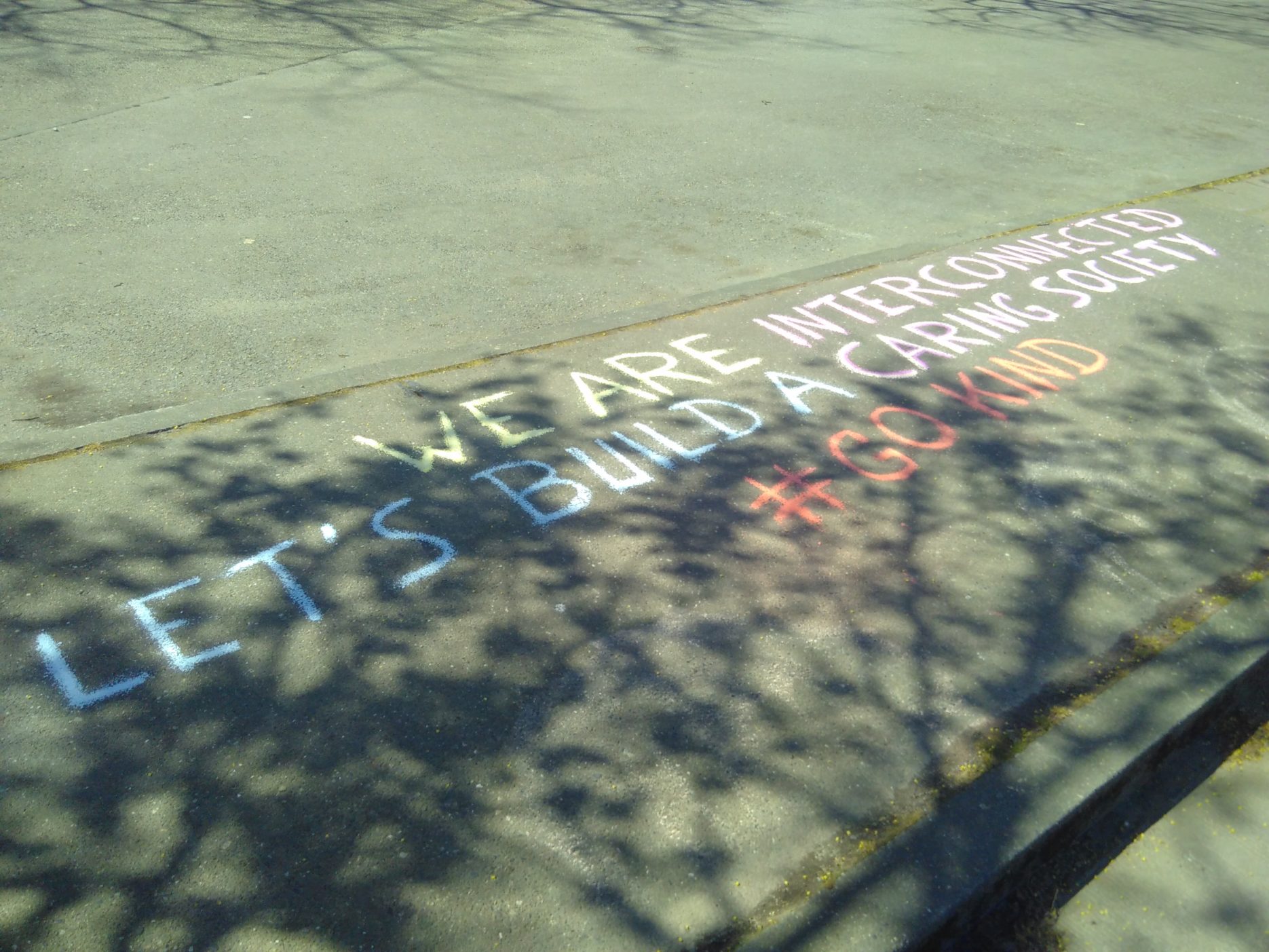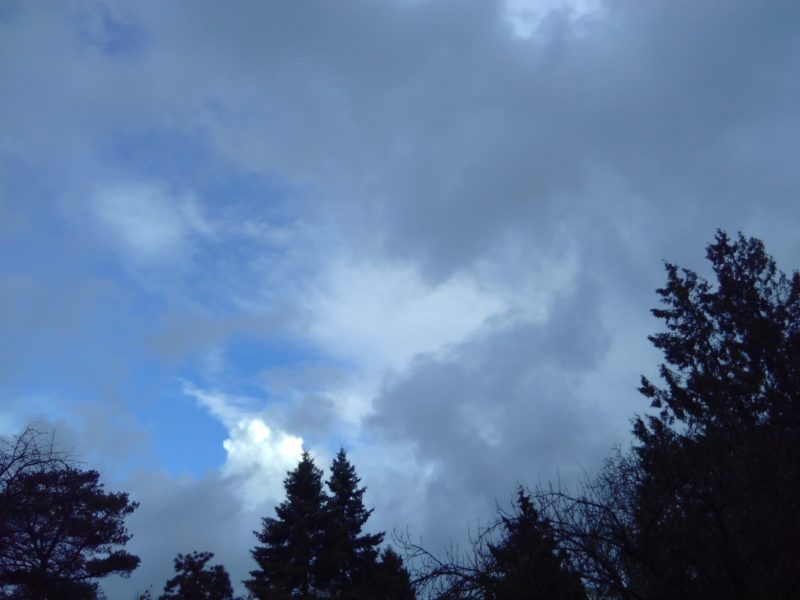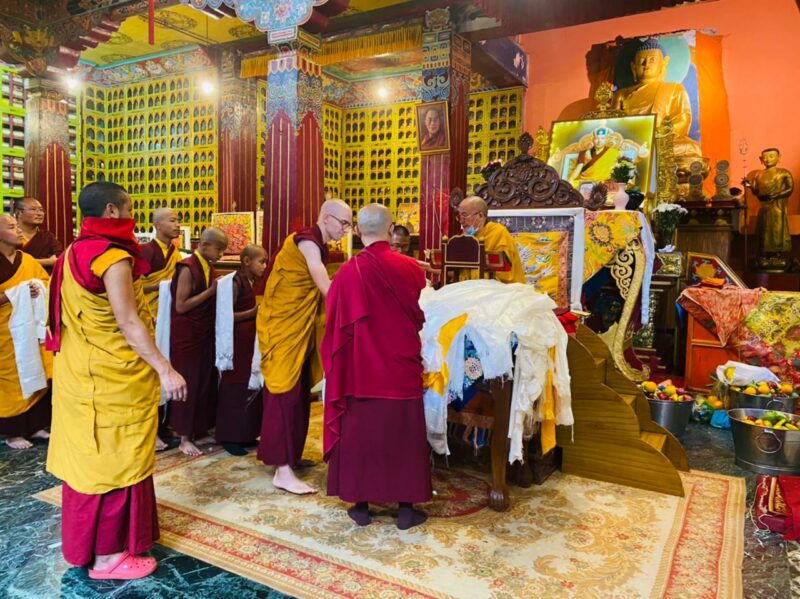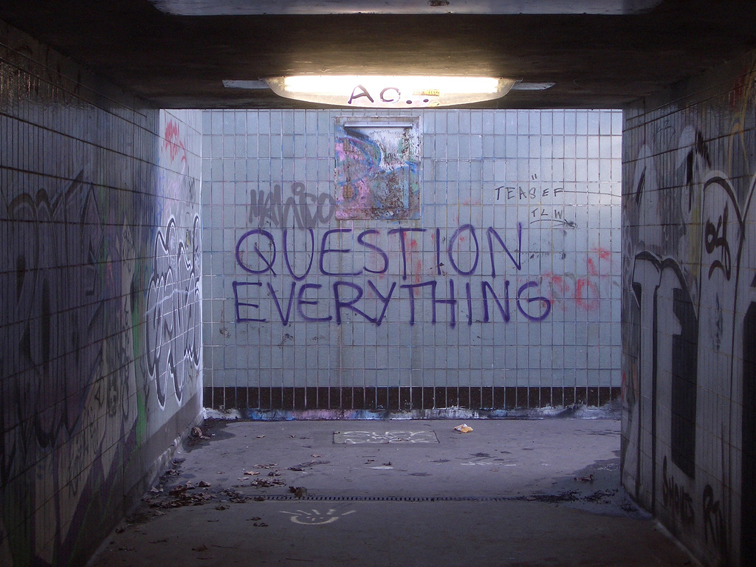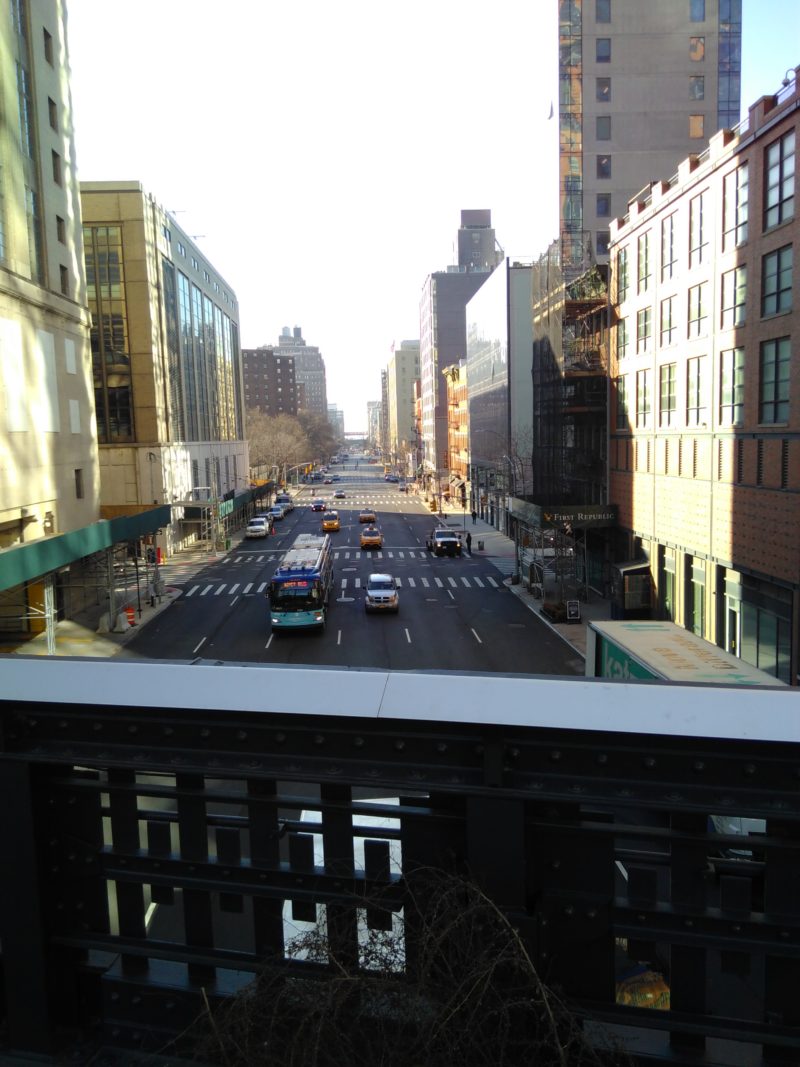Countries are slowly beginning to ease their lockdown and lift restrictions. The numbers of infected people and those who die due to the novel coronavirus start to decrease. People all over the world, from fisherman to policy-makers at the national level, wish to ‘(re-)open society’. Many things need to be considered in doing so: trying to prevent a new increase of COVID-19-cases, the mental-/emotional wellbeing of people, the economic impact, et cetera. The question, thus, is: how to do so, wisely?
Opportunity for change
The COVID-19-pandemic is clearly causing a lot of suffering in the entire world. Not only because of the direct physical effect of the virus on millions of people, but also because of the impact all kinds of lockdowns and restrictions have on society. This includes losing jobs, loss of income, the availability of food and the social & emotional wellbeing of people as well.
At the same time, various people in the world – from Bill Gates to the Dalai Lama and the prime-minister of New Zealand – have pointed out that the current pandemic is a reminder of what is truly meaningful. Therefore, it is also an opportunity for change.
In some online courses I am doing – with the stay-at-home order still in place in Seattle – teachers have compared it to buddhist teachings about living & dying (the so-called bardo’s). The world that was familiar to us (pre-pandemic) has ‘died’ so to speak. The pandemic took away the ground under our feet and shook both our personal life rhythm and social, economic & political systems. This is like an in-between world, in which we have no secure ground, which to many feels insecure and causes fear & anxiety.
The question about (re-)opening our society is, then, a question about building a new world – a ‘rebirth’. Will we try to go back to our personal habits, even if they did not feel truly meaningful or caused a lot of stress, anxiety if not depression? Will we try to rebuild systems as they were before, even though they caused social injustice, environmental harm, poverty, hunger, mass extinctions among non-human beings and so on? Or, will we try to (re-)open our societies worldwide and shape a more peaceful & happier place for humanity and all sentient beings?
Looking through the lens of interconnectedness
Though we have a choice in each moment of our life, the pandemic has given us an opportunity to do some fundamental things very different on a small level (our own lives) to an increasingly large scale (national and global). How we do so depends very much on how we think about ourselves and the world we live in.
One aspect we need to take into account is our interconnectedness. Among other things, the pandemic has clearly shown that our lives are not just connected with our direct neighbours, but even with those living on the other side of the planet and the natural world that sustains us. So what are the possibilities for our personal lives, national and global society, that open up if we look through the lens of interconnectedness?
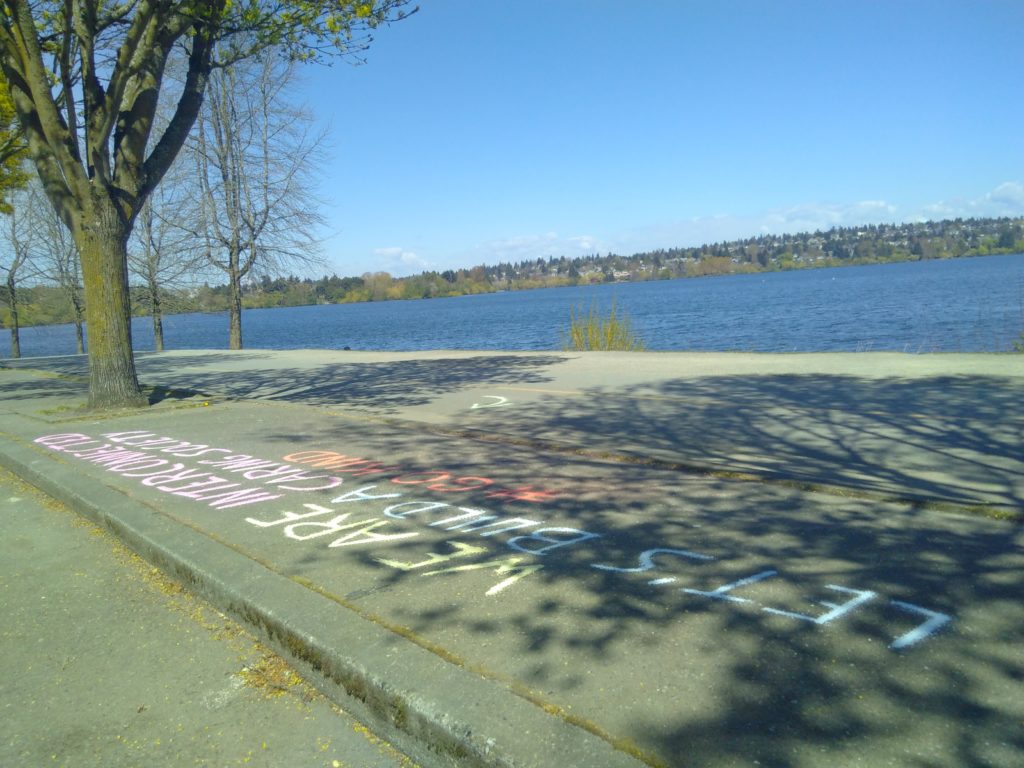
In his book Interconnected: embracing life in our global society the buddhist teacher, His Holiness the 17th Karmapa, is trying to answer this question. Or, put in his own words:
“Once we begin to look for it, we find interdependence no matter where we direct our gaze: from the largest astronomical systems to subtle shifts in our sensations. Interdependence has practical consequences in virtually every sphere of life on this planet. In fact, it has environmental, economic, social, psychological, and ethical implications that we as a global society have only just begun to fathom.”
The current pandemic has helped to see those implications more clearly. We can take going to the supermarket during the pandemic as an example. If you decide to go to the supermarket, you will come across others. Which, knowingly or not, means you can either infect people or become infected. The physical health of you, other people shopping and employees of the supermarket, depends strongly on whether everyone keeps physical distance and possibly additional measures like wearing a mask.
But it goes much further. Think about the supermarket that tries to keep up their supply for you as a consumer. That means trucks need to drive, distribution centers need to operate, products need to be packaged and so on. This process goes all the way back to the very growth of what we call ‘ingredients’. A process that not only includes many people doing this work. The natural world is found in the very things you buy as well: the sun, rain, fertile soil, bees that pollinate flowers, and so on. In not just a metaphorical but even literal sense you could say the entire universe can be found in the things you buy and, since you consume it, in your body.
Wearing masks perhaps makes this experience even more direct because we, I at least, feel directly how wonderful it is to be able to breathe freely. Moreover, breathing is a necessity! With the slow-down and hold on all kinds of traffic, especially airplanes, the quality of our air has proven to improve significantly all over the world. Through breathing the natural world enters all our cells. Something that, by the way, also works the other way around: what we breath out goes back into the air which becomes part of the breath of other humans, animals and plants. Our relationship with all sentient beings and the world that sustains us goes in both ways.
The container and its contents
With the recognition of interconnectedness – which is interchangeable with the term ‘interdependence’ as it is known in buddhism and used by The Karmapa in the words above – a simple reasoning and analogy follows that can help us shape a new life and society on a national & global level. This is not necessarily my own, but based on the book mentioned, my teachers and both philosophical, scientific and buddhist insights of centuries:
- My body, clothes, food and all possessions depend on others and the natural world
- My emotional and psychological life is influenced by others and the natural world
- My well-being is related to my body, clothing, food, possessions as well as my emotional & psychological life
Thus:
4a. My well-being depends on and is influenced by others and the natural world
This is equally true for other beings as well:
4b. Well-being of others and the natural world depend on and is influenced by my well-being
In buddhist texts we can find an analogy to illustrate the reasoning above. Analogies, and to visualise an image, can help to see the reasoning more clearly. We can think of the natural world as a container. All living beings can be seen as its contents. The container is needed to live. But also, the contents directly affect the container itself. In Tibetan the word that is used for ‘contents’ in this analogy also means, literally, ‘nutrients’. Living beings (the contents) are nourishing the natural world (the container) that is nourishing us and providing for all the conditions needed to live.
According to The Karmapa the analogy given above can make the notion of interdependence more vivid to us – “to help take it beyond a mere idea and make it something we can actually feel, live, and breathe.” Why is this important? “Because interdependence is not a theoretical possibility – it’s a practical reality.”
Recognize, feel and act
So, and this is perhaps the most important part, intellectual recognition of interdependence is not sufficient for action and, therefore, change to happen. You can read this words, even agree with the reasoning presented above and sense a connection to the analogy. Still, you might continue your life on different grounds for all kinds of reasons.
Many examples show this. Perhaps we realise that there is a clear relationship between consuming dairy and greenhouse gas emissions which contribute to global warming, loss of ecologically important areas (e.g. forests, wetlands, prairies) and, certainly in factory farming, the direct suffering of animals on a daily basis. Yet, we might continue to drink milk, use butter and enjoy cheese. Out of habit. Because we can not afford alternatives. Or we think our individual actions can not change the world. Or whatever.
We might, thus, intellectual recognize the interconnectedness but not feel and act upon it. The given example does not necessarily imply a judgement and mean we should all stop consuming dairy immediately. If everyone would stop today, that has large implications as well. Think, for example, about all those working in the industry – from farmer to package-making and truck-drivers. Moreover, no long milking ‘dairy cattle’ causes them a lot of discomfort, stress and physical pain.
It is not easy to see what actions cause suffering, how we can end them, and how we can create conditions that are necessary for a more meaningful and happy life – individually and collectively. It sometimes feels impossible to make a good choice – something which I will explore in another article later. The point for now is to see that how we think, feel and act is directly connected with the entire world, but that recognizing this is not enough to make better choices.
Cultivating natural compassion
If the example of dairy does make us uncomfortable, that is actually a positive sign. It means we feel the interconnectedness. This is the necessary basis for taking action. Furthermore, it shows another aspect that can be found in seeing interconnectedness: the wish for happiness and not to suffer. Which is true for ourselves, and for others. Recognizing and having a feeling of concern for the well-being of others – humans, animals and other life – shows our natural compassion.
It reminds me of the words of Shantideva that are on the Tibetan calendar in my room: “Whatever happiness there is in the world, it all comes from the desire for others’ happiness. Whatever suffering there is in the world, all comes from the desire for happiness for oneself.”
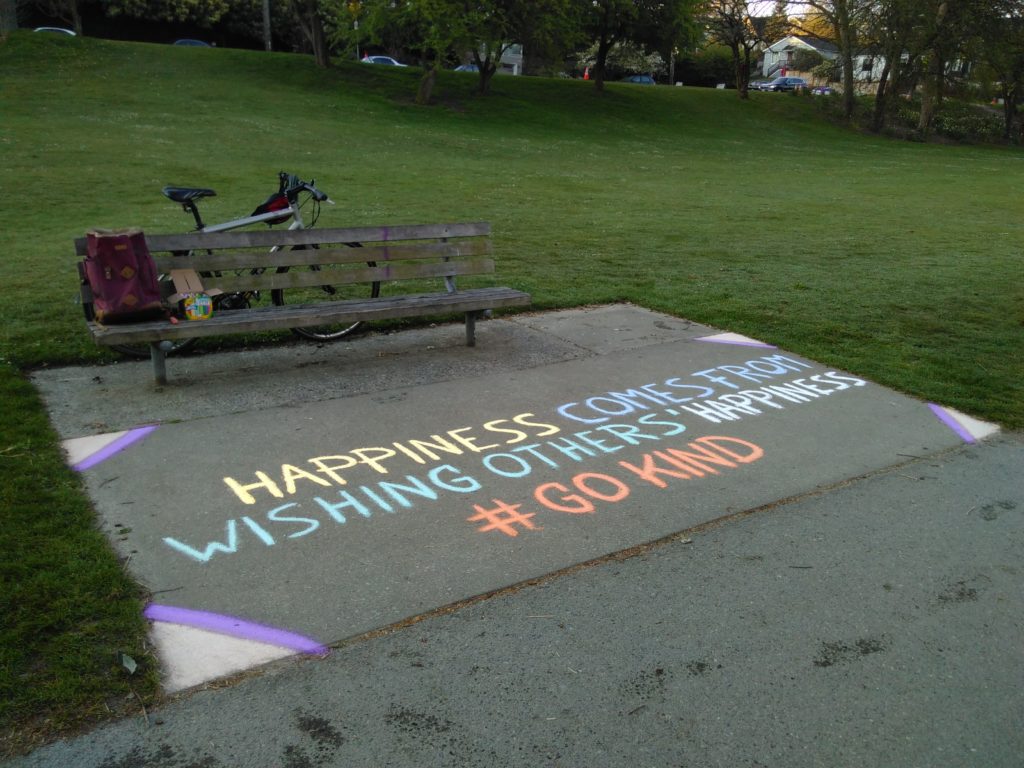
Even if just for our own interest, we need to take the wellbeing of others and the natural world into account. Our interconnectedness clearly points this out. In addition to intellectual recognition, we thus need to start feeling this, cultivate compassion and bring this into action.
If we want a healthier planet, more just societies and a meaningful, happy life it is crucial for us to look through the lens of being interconnected, feel it and act with compassion. In a sense we did not need a pandemic to see this and change things for the better. On the other hand, it has made the connection between our own lives, that of others and the natural world so obvious that it is hard if not impossible to ignore.
Starting this very moment
The (re-)opening of our societies offer a precious opportunity to build a world which takes this into account. I am not sure how reshaping our society through the lens of interconnectedness looks like. We will need to figure this out, on a personal, national and global level. Which will not be easy, since it requires change of views, habits and systems that have conditioned our lives for a long time. Being forced to stay at home might have given us time to contemplate the big questions in life about who we are and the world we live in. What do we want to continue doing, as our societies become more open again? What should we stop? What should we begin? I am curious what you, the reader, will do and why. Feel encouraged to write something below. We can inspire and uplift each other.
I do think we can see clear examples of possible directions. Take the amazing prime-minister of New Zealand that stressed that our well-being goes before the economy, that a country is like a team, and our actions to be guided by science and kindness. We can extend such approaches to the global level and build a caring global society. Which can start with our own lives. Remember? Interconnected! Our actions directly influence the world around us. Together we can make it happen. In this moment. Today. Every day. I will thus finish with the words she has ended many of her public appearances with.
Be Strong. Be Kind.
